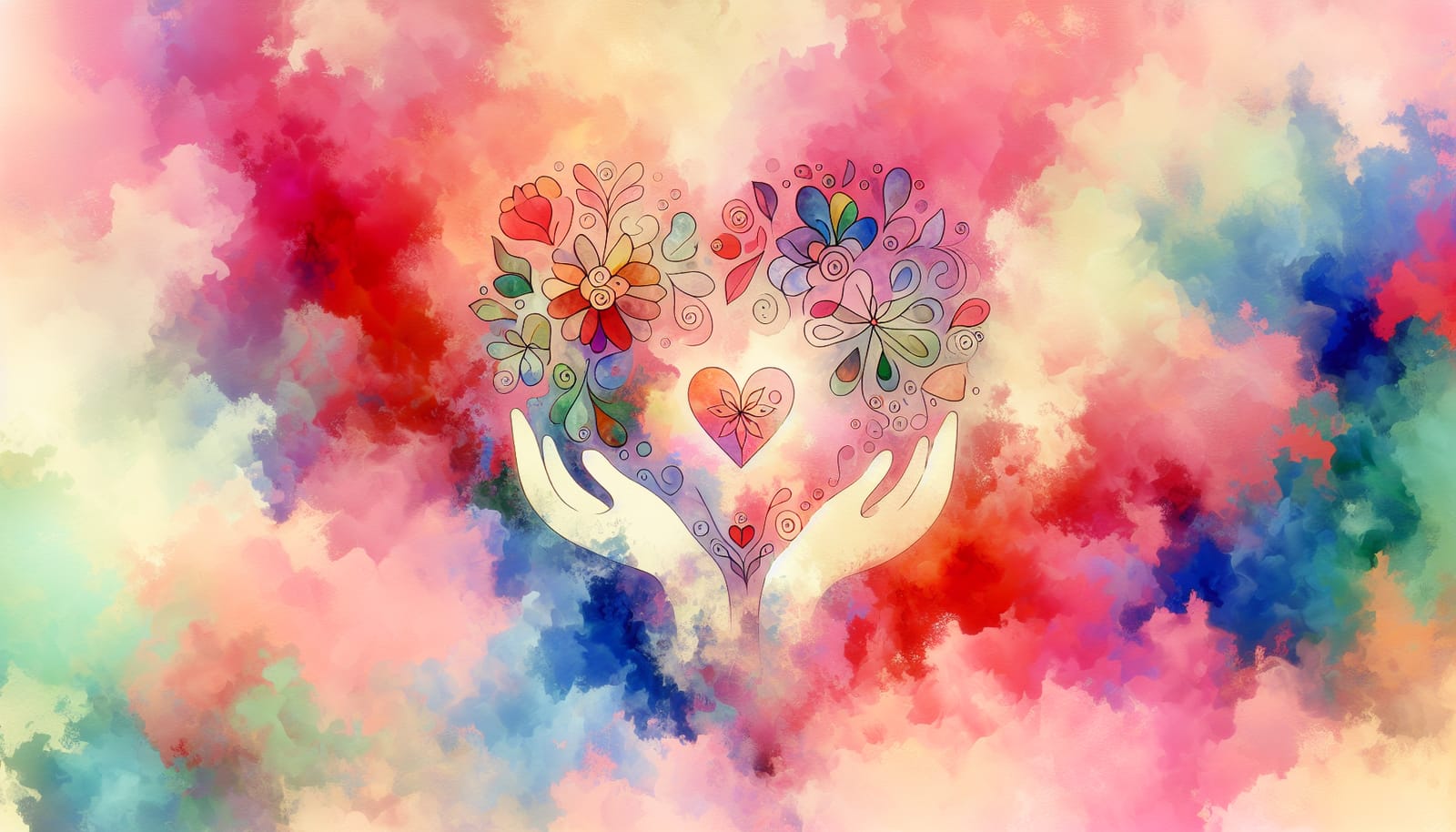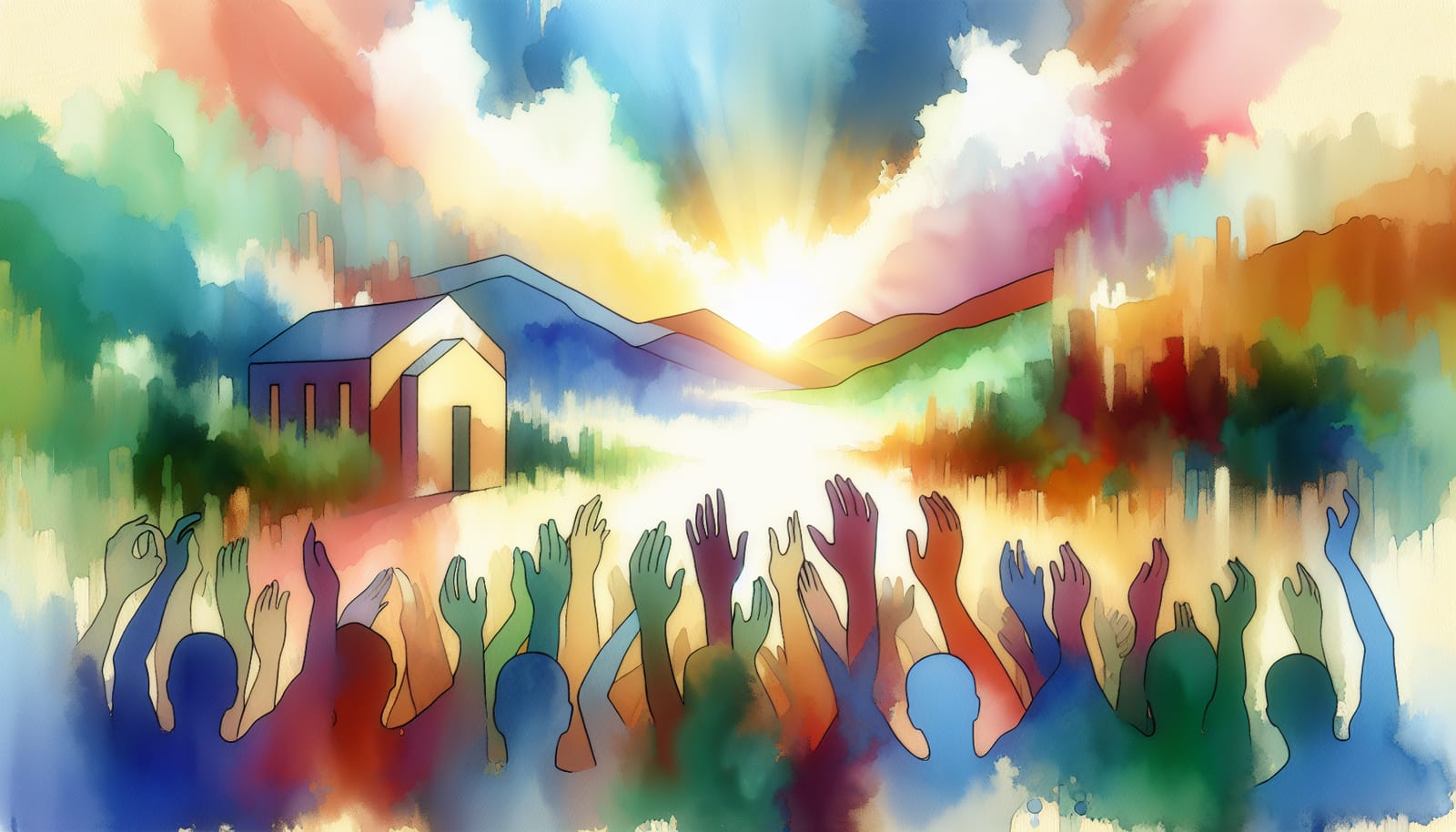Every year, an astounding 1 billion birds face challenges due to collisions with buildings in the United States. These beautiful creatures often find themselves in precarious situations in urban settings, where they can become entangled in power lines, barbed wire, or railings.
Fortunately, dedicated conservationists and wildlife advocates are working tirelessly to create safer environments for birds in our cities. They are implementing innovative solutions such as bird-safe glass and initiatives to reduce light pollution, making urban habitats more welcoming and accessible for our feathered friends.
Yet, even with these improvements, injuries can still occur, and that's where exciting new solutions come into play.
Introducing BirdAid, a remarkable first-aid kit designed by talented product designers Zay Kim, Chaewon Lee, and Jungmin Park. This user-friendly kit aims to provide a straightforward way to help injured birds recover without the need for complex procedures.
The team has developed dissolvable tablets crafted from natural ingredients, including eggshell calcium, agar powder, and potato starch, enhanced with vibrant plant-based colors like gardenia, basil, and beetroot.
"BirdAid began by selecting safe, biodegradable materials for injured birds. We tested decomposition cycles to match healing needs, and then refined ID markers for easy use," the designers explain on their Behance page.
To ensure comfort and effectiveness, the team conducted treatment trials, paving the way for sustainable packaging and mass production — making essential care for birds simple and accessible.
The unique formulation of the tablets features an eggshell base that not only supports bone recovery but also decomposes naturally, embodying the delicate balance of life. The combination of agar powder and potato starch allows the splint to break down at a rate that aligns with the healing process, adapting to the severity of each injury.
Each tablet is color-coded to indicate the level of care needed. For instance, red tablets, infused with beetroot, are intended for complete fractures, while yellow tablets, colored with gardenia, cater to partial fractures with visible swelling. Green tablets, which contain basil, are perfect for hairline fractures, allowing birds to continue their activities despite minor injuries.
"To help users quickly identify the severity of an injury, we developed three splint variations with different decomposition rates," the designers note. "Each is infused with natural plant powders — gardenia, basil, and beetroot — which not only color the material but also signal the expected duration of support."
Using the kit is as easy as it is effective. Users simply select the appropriate colored tablet, crush it into a paste, and apply it to the injury. The BirdAid package includes a QR code that links to an app, providing step-by-step instructions and visual aids to guide users through the application process, making it accessible for anyone, regardless of their experience level.
The biodegradable materials ensure that the splint will gradually detach as the bird heals, eliminating the need for further intervention. This innovative approach provides injured birds with a new opportunity for mobility and survival, promoting a harmonious coexistence between wildlife and urban environments.
While the BirdAid team has successfully conducted real-world trials, the product is still in development, and it remains to be seen when it will be available to the public.
As a reminder, while BirdAid is designed for easy use by the general public, it’s best to leave bird care to wildlife experts, especially in light of Avian Influenza concerns.
Nevertheless, BirdAid symbolizes a hopeful step forward in wildlife support, highlighting the importance of caring for the creatures we share our spaces with. "BirdAid offers a simple yet powerful way to support wildlife with minimal impact on nature," its creators share. "It is a small, accessible gesture that brings compassionate care into everyday life."


